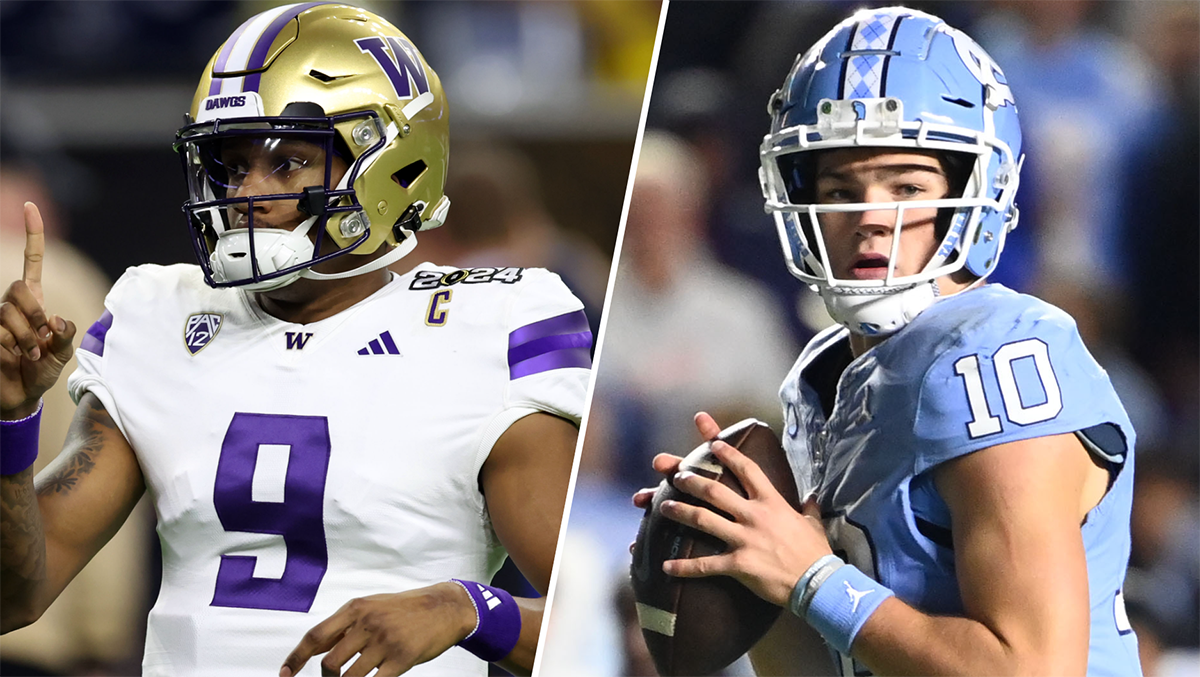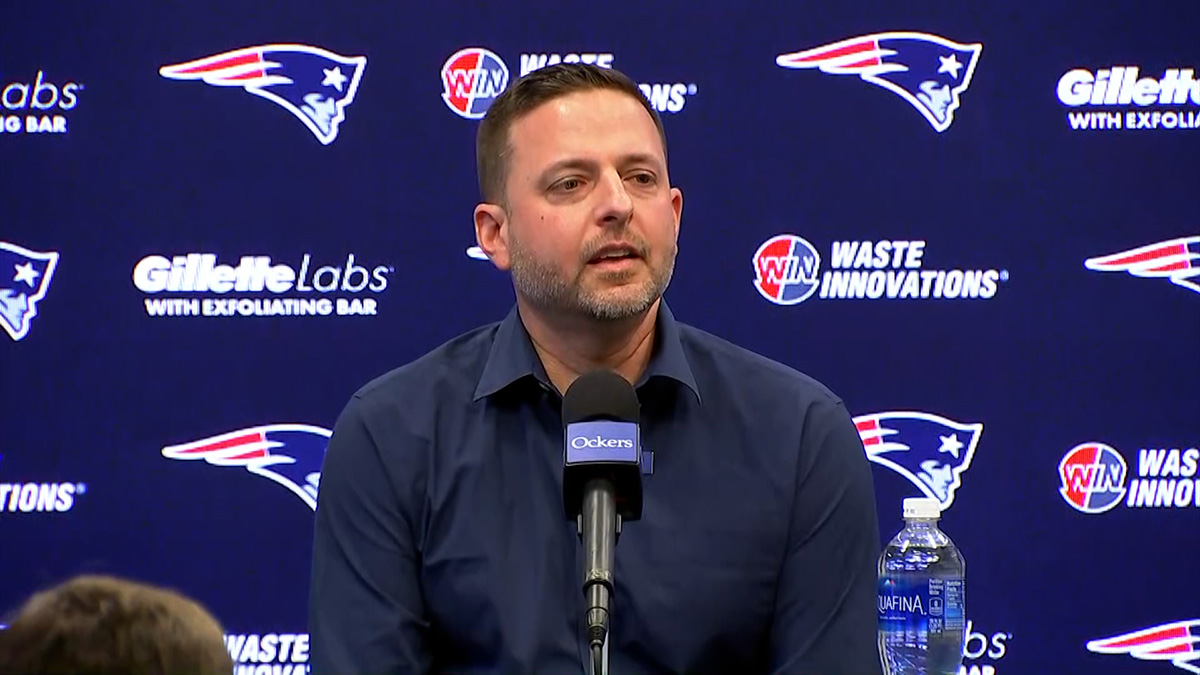FOXBORO -- As the Rams and Chiefs raced up and down the field on Monday night, it was only natural for the football-watching public in New England to wonder how the Patriots would keep up if it ever came to that.
There are certain things the Patriots would try to execute defensively if they were to see the Chiefs again, certainly. Same goes if they were to see the Rams (or the Saints, for that matter) in Atlanta in February.
- MORE PATRIOTS - After KC loss, Pats' path to top seed becoming clearer
Patriots Insider Tom E. Curran laid out what he considered to be defensive pillars against those high-flying offenses in his column Tuesday: Don't run by the quarterback; don't get beat deep; make things difficult in the red zone. Pretty straightforward stuff.
Offensively, though, how might the Patriots go blow-for-blow?
They kept up and then some when they met the Chiefs in Week 6, scoring 43, throwing for 340 yards and clearing enough space for running rookie back Sony Michel to run for another 106 yards. Tom Brady completed passes to seven different receivers.
The Patriots also ran 78 plays that night, which is their second-highest total of the season. (They ran 81 against the Dolphins.) Matriculating the ball down the field -- as Hank Stram would say -- with extended drives, melting time off the clock in the process, helped them keep the Chiefs offense off the field and they executed well enough to give Stephen Gostkowski a chance to win it for them.
New England Patriots
But that can be a difficult way to play. Setting aside for a moment the four passing plays of 20-plus yards the Patriots hit that Sunday night (three in the fourth quarter), using prolonged drives requires sound execution again, and again, and again in order to put points on the board.
If the Patriots play the Chiefs in January, and if they were to fall behind, a relative inability to create explosive pass plays could make it difficult for them to come back against a defense guarding against the quick strike. Not only would Brady and the Patriots be working against an opposing defense at that point, but they'd have the clock to worry about as well.
The Patriots, according to Sharp Football Stats, are 18th in the league in explosive pass play percentage this season (33 in 390 pass plays, eight percent), putting them just ahead of the Jets and just behind the Steelers. The Rams and Chiefs rank No. 1 and 3 in that category, respectively. The No. 2 team is the Chargers. (An explosive pass play, is any passing play that goes for 20 yards or more.)
I asked Belichick on Tuesday how he felt about explosive plays and if he felt like that was a necessary component of an effective offense. In 2016, New England's last Super Bowl-winning season, the Patriots were sixth in football in the explosive pass play category (10 percent). They were second in explosive pass play percentage in 2017 (11 percent).
- MORE PATS - NY writer rips Gronk: "It's over"
"If you make big plays and score, that’s good," Belichick said. "If you drive it down the field and don’t make big plays, that’s good, too. So, it could be a little more efficient maybe. I mean, it’s hard to count on three or four 80-yard touchdowns every week. I mean, in this league, that’s just -- I wouldn’t say you can really plan on that every week."
You can't. And Belichick pointed out, the way many explosive plays are generated aren't exactly drawn up to be explosive. Take Tyreek Hill's 73-yard touchdown on Monday night, for example. That was made possible because a Rams defensive back slipped and fell.
"Look, a lot of the big plays come on busted coverages, off broken tackles, off plays that you didn’t even think were going to be big plays," Belichick said. "I mean, if you call an off-tackle play and it goes for 50 yards, you don’t think it’s going to go for 50 yards. You think it might go for six, maybe eight if you block it well. But sometimes they miss a tackle or your back makes a great run or something happens and it turns into an explosive play. When you call the play, you don’t think you’re going to gain 50 yards.
"Now, if you run some kind of triple-reverse pass, maybe you think you’re going to gain 50 yards on that, I don’t know. I wouldn’t say there’s a lot of those in this league. And, if you throw a go route, then there’s a chance for a significant gain on something like that. The percentage of those passes aren’t high, but if you hit one, there’s a lot of yardage at stake."
- MORE CURRAN - Bills coming due for Patriots dynasty after this season
The Patriots haven't been able to pick up those chunks of yardage as regularly as most other offenses around the league, and they haven't been able to create explosive plays through the air at the same rate they were able to over the course of the last two seasons.
Trading away Brandin Cooks has hurt them in that regard. Losing Rob Gronkowski to injury this season has hurt them in that regard. And outside of trying more of those go routes Belichick referenced or other field-stretching plays more frequently, there's no great solution in sight for how the Patriots might get more explosive in 2018. Death by a thousand paper cuts may have to be who they are at times, even while some of the best offenses in football are nuking defenses into oblivion.
Of course, the Patriots might not need to go explosive-play-for-explosive-play with the Chiefs, Rams or anyone else if they can stop one occasionally. Stops, you might've noticed, were a bit of a rarity Monday night.
Click here to download the new MyTeams App by NBC Sports! Receive comprehensive coverage of your teams and stream the Celtics easily on your device.


